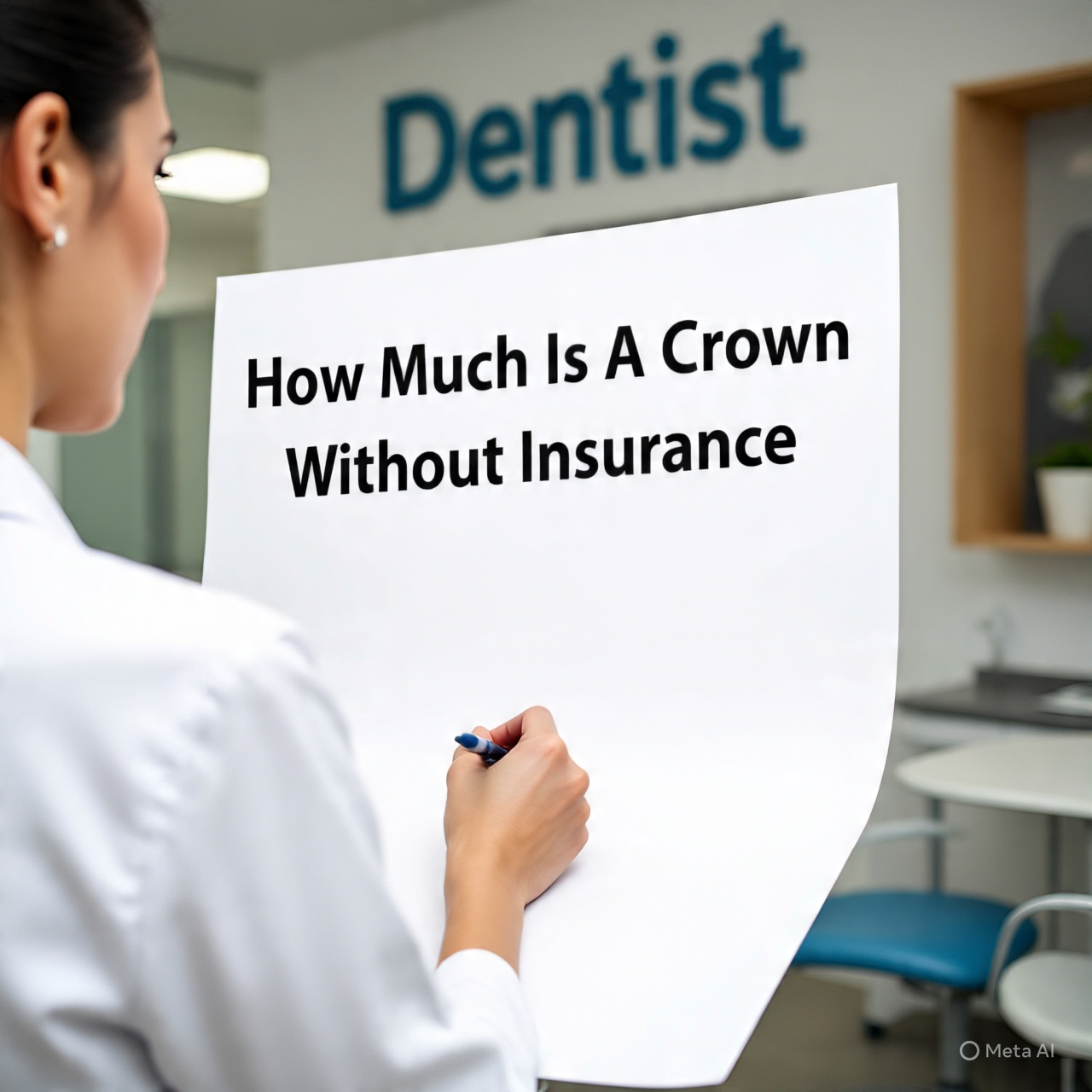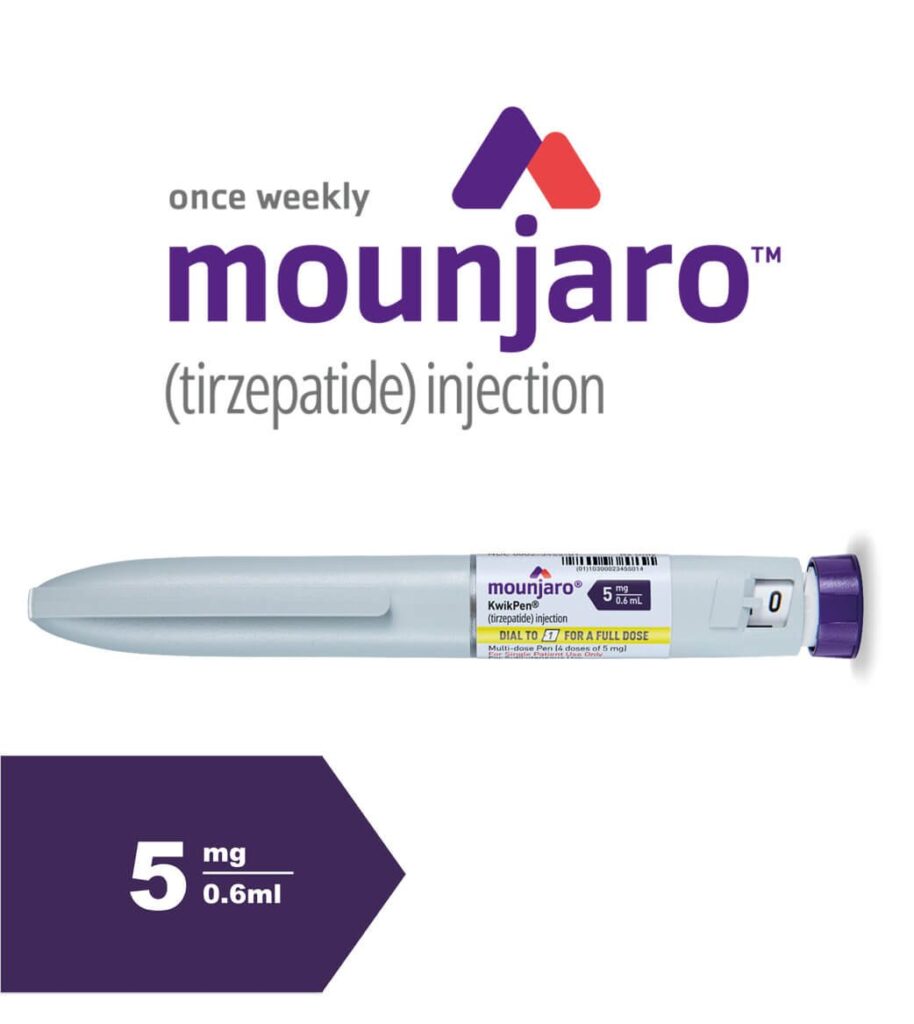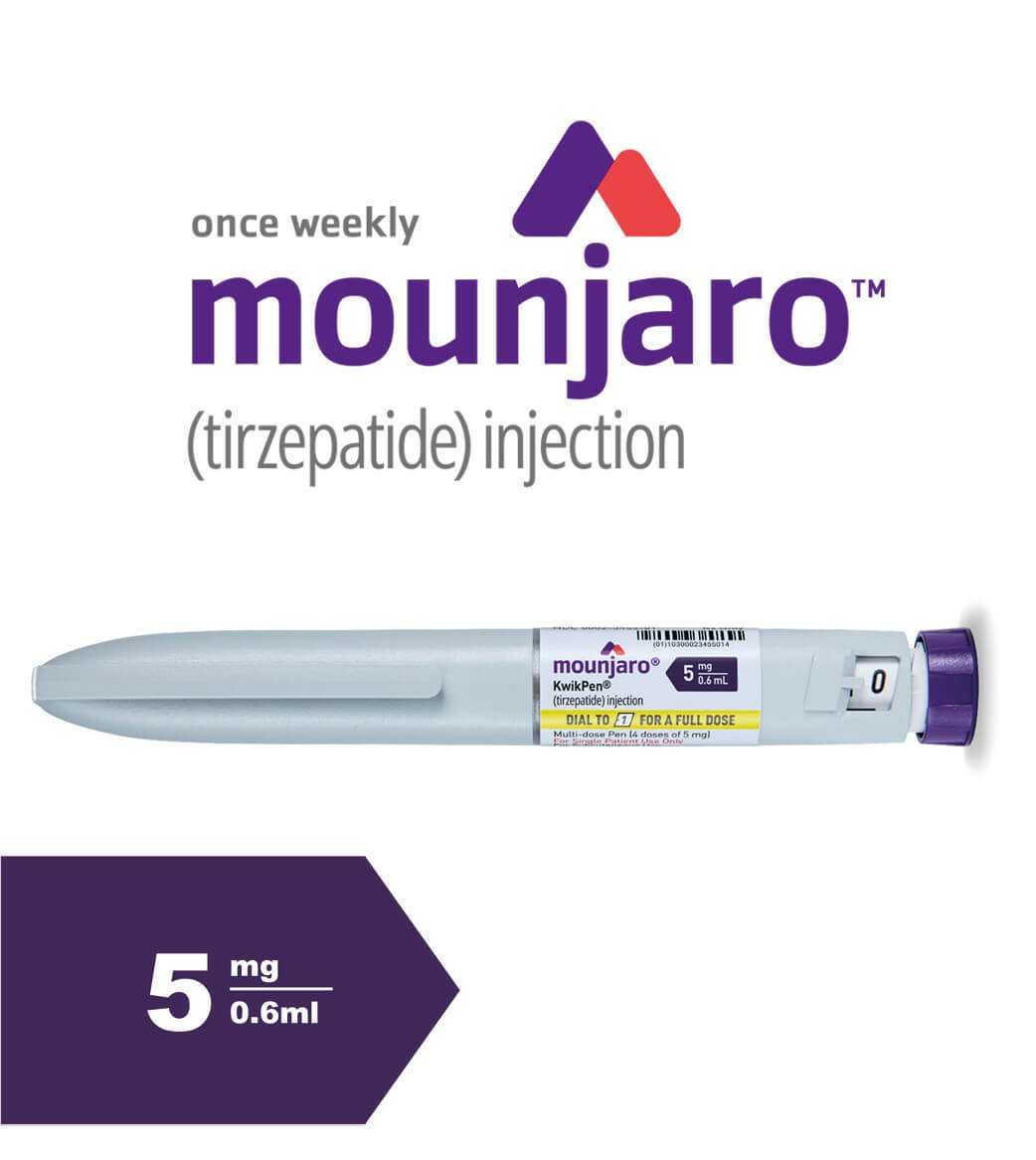Dental crowns are a common solution for restoring damaged or decayed teeth, but for many people without dental insurance, the cost can be a real concern. If you’re wondering how much a crown costs without insurance, you’re not alone—and the answer can vary significantly depending on the type of crown, your location, and the dentist’s experience.
In this article, we’ll break down everything you need to know about the cost of dental crowns, what factors influence pricing, and what affordable options are available if you’re paying out of pocket.
What Is a Dental Crown?
A dental crown is a cap placed over a damaged tooth to restore its shape, strength, and appearance. Crowns are used when a tooth is too damaged for a filling but doesn’t need to be extracted. Common reasons for getting a crown include:
- Severe tooth decay
- Broken or cracked teeth
- Large fillings
- After root canal treatment
- Cosmetic enhancements
Crowns can be made from different materials, each with its own cost and durability.
The Average Cost of a Crown Without Insurance
If you don’t have dental insurance, the cost of a crown can range anywhere from $800 to $2,500 or more per tooth in the U.S.
Here’s a breakdown by material:
| Type of Crown | Average Cost (No Insurance) |
|---|---|
| Porcelain-Fused-to-Metal | $800 – $1,500 |
| All-Porcelain (Ceramic) | $1,000 – $2,000 |
| All-Metal (Gold, Alloy) | $900 – $2,500 |
| Zirconia | $1,000 – $2,500 |
| Resin | $600 – $1,000 |
🦷 Note: Prices vary based on your location, the dentist’s fees, and lab costs.
Why Are Crowns So Expensive?
The cost of a dental crown includes much more than just the material:
- Initial Examination and X-rays: Before placing a crown, a dentist needs to assess your tooth, which may involve X-rays and diagnostic imaging.
- Tooth Preparation: The damaged part of the tooth must be filed down or built up to fit the crown properly.
- Crown Fabrication: Custom crowns are crafted in a dental lab, which adds to the cost.
- Temporary Crown: A temporary crown may be placed while the permanent one is being made.
- Final Placement and Adjustments: Fitting the crown requires time, precision, and multiple visits.
These services are typically bundled into the quoted price, but it’s always a good idea to ask for an itemized estimate.
Factors That Affect the Price
Several key factors influence how much you’ll pay for a crown:
- Material Used: Porcelain and zirconia crowns tend to be more expensive than resin or metal.
- Location: Dental costs vary significantly by region. Urban areas usually have higher prices.
- Dentist’s Experience: More experienced or specialized dentists may charge higher fees.
- Tooth Location: Crowns for molars (back teeth) are often pricier than front teeth because they require more strength.
- Complexity of the Procedure: If you need additional procedures like root canals or core buildup, your total bill will increase.
Are There More Affordable Options?
Yes, there are ways to make getting a crown more affordable, even without insurance:
1. Dental Schools
Dental schools often offer crowns at a lower cost, as students perform procedures under expert supervision. It’s a great option if you’re comfortable with longer appointment times.
💡 Tip: Check the American Dental Association’s Find-a-Dental-School tool for options near you.
2. Dental Discount Plans
These are not insurance but can provide 10%–60% off many dental procedures. You pay a membership fee (typically $100–$200/year) and access discounted rates at participating providers.
3. Payment Plans
Many dentists offer payment plans or work with third-party financing companies like CareCredit to help spread the cost over time.
4. Community Health Clinics
Some nonprofit dental clinics offer low-cost or sliding-scale fees based on income. Use the HRSA Health Center Finder to locate nearby options.
5. Negotiate with Your Dentist
Don’t be afraid to ask your dentist about flexible payment options or cash discounts for upfront payment.
How Long Do Crowns Last?
The longevity of a crown depends on the material and how well you care for it. On average:
- Porcelain crowns last 10–15 years
- Metal crowns can last 20+ years
- Zirconia crowns often last 15+ years
To extend the life of your crown:
- Maintain good oral hygiene
- Avoid chewing hard objects (like ice or pen caps)
- Wear a nightguard if you grind your teeth
Is It Worth Getting a Crown Without Insurance?
While the upfront cost can seem steep, getting a crown is often worth it if it means preserving a tooth that would otherwise be lost. Leaving a damaged or decayed tooth untreated can lead to more severe problems—including infections, abscesses, or tooth loss—which can be even more costly and painful.
Think of a crown as an investment in your long-term dental health and comfort.
Final Thoughts: Making the Best Decision for You
If you’re asking “How much is a crown without insurance?”, the answer depends on a variety of factors—but it’s clear that while the cost can be high, there are smart strategies to manage it. Crowns restore not just your smile but also your ability to chew, speak, and enjoy life without pain.











